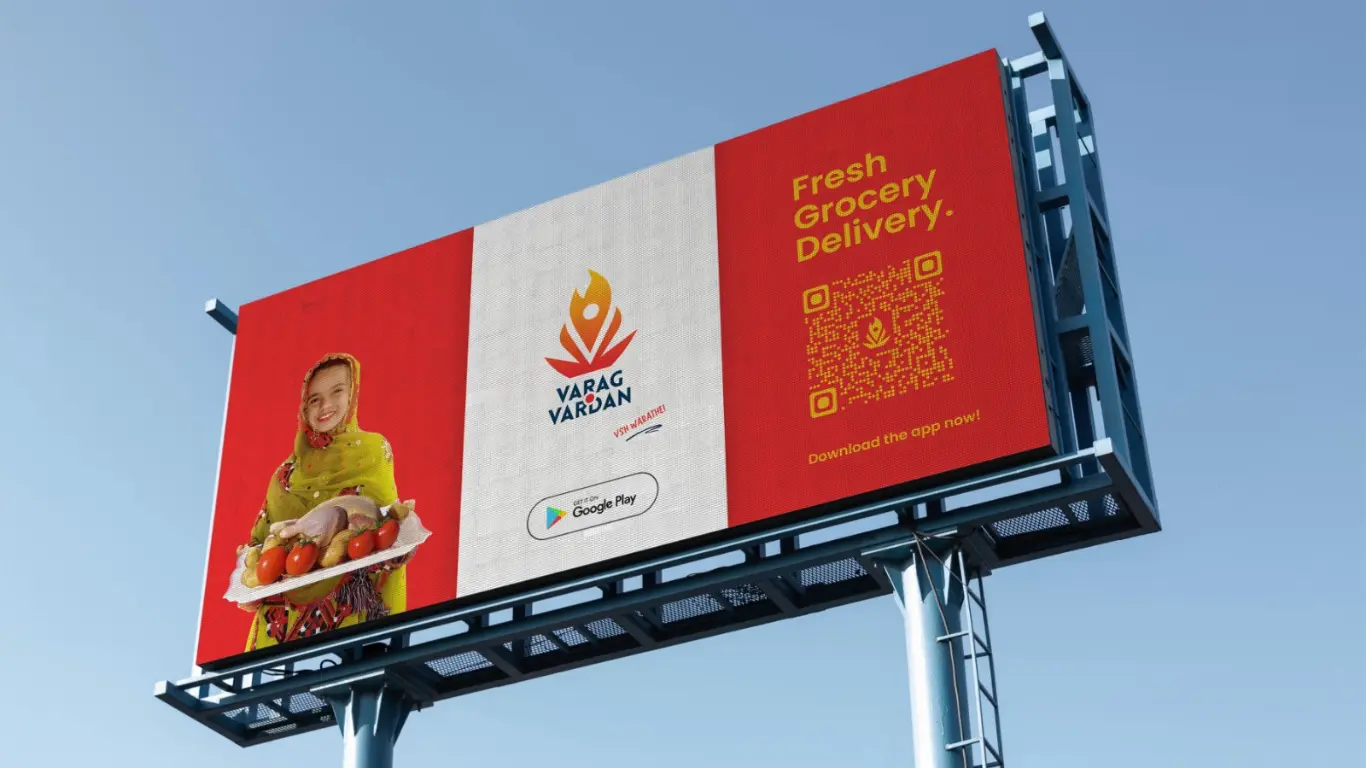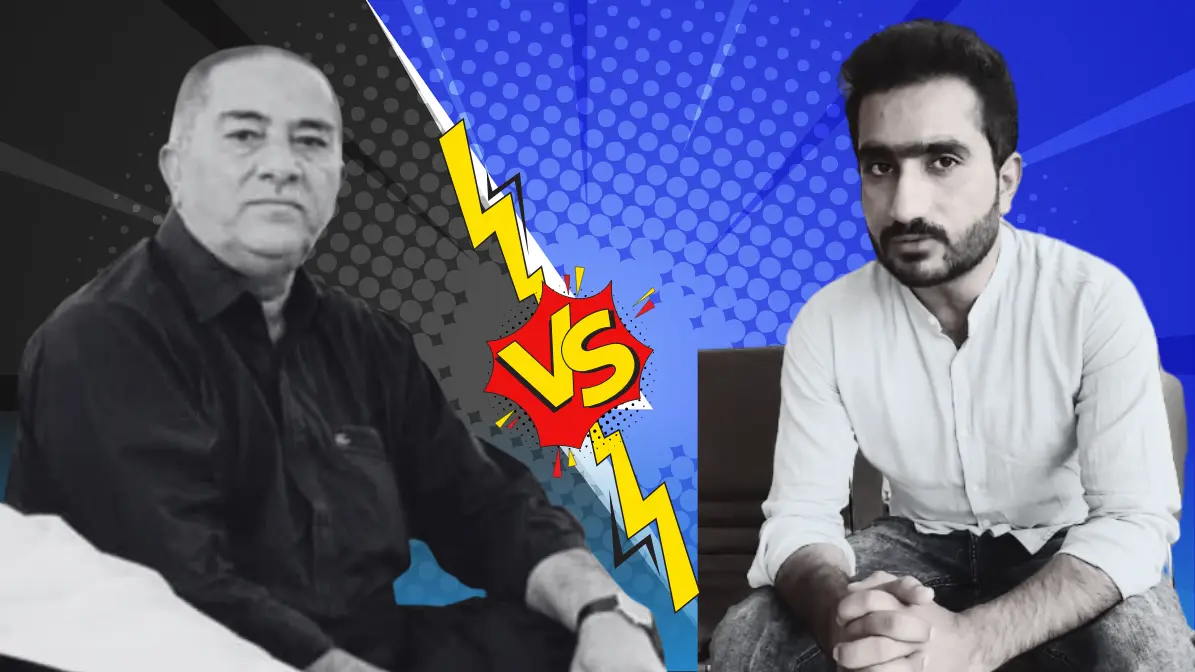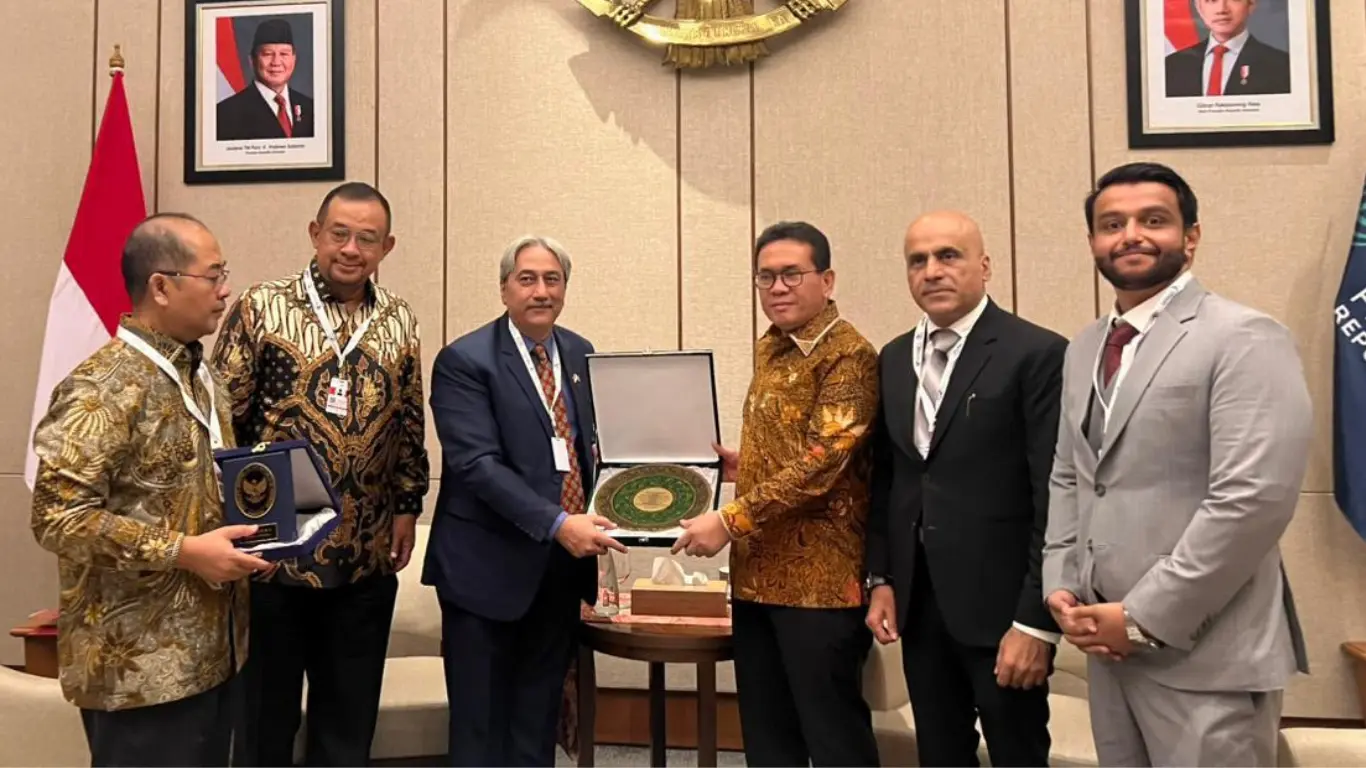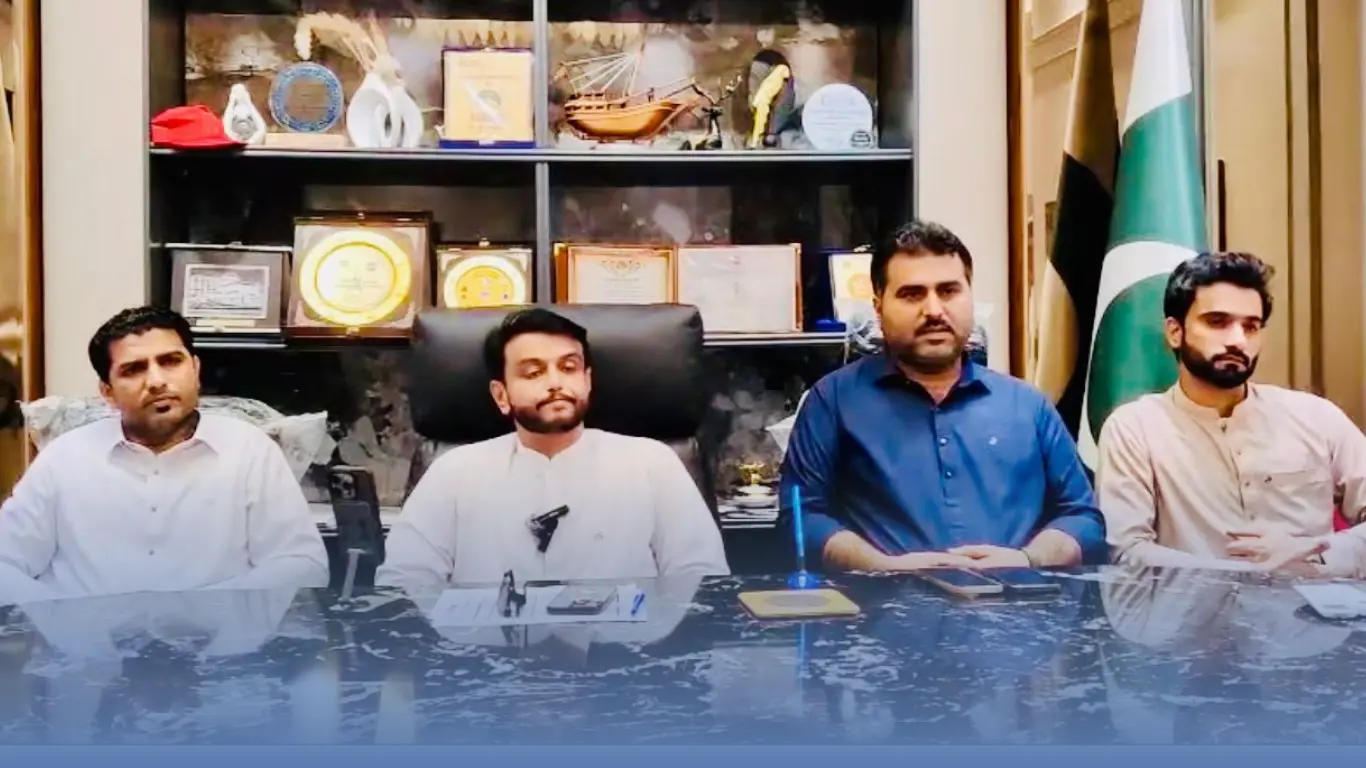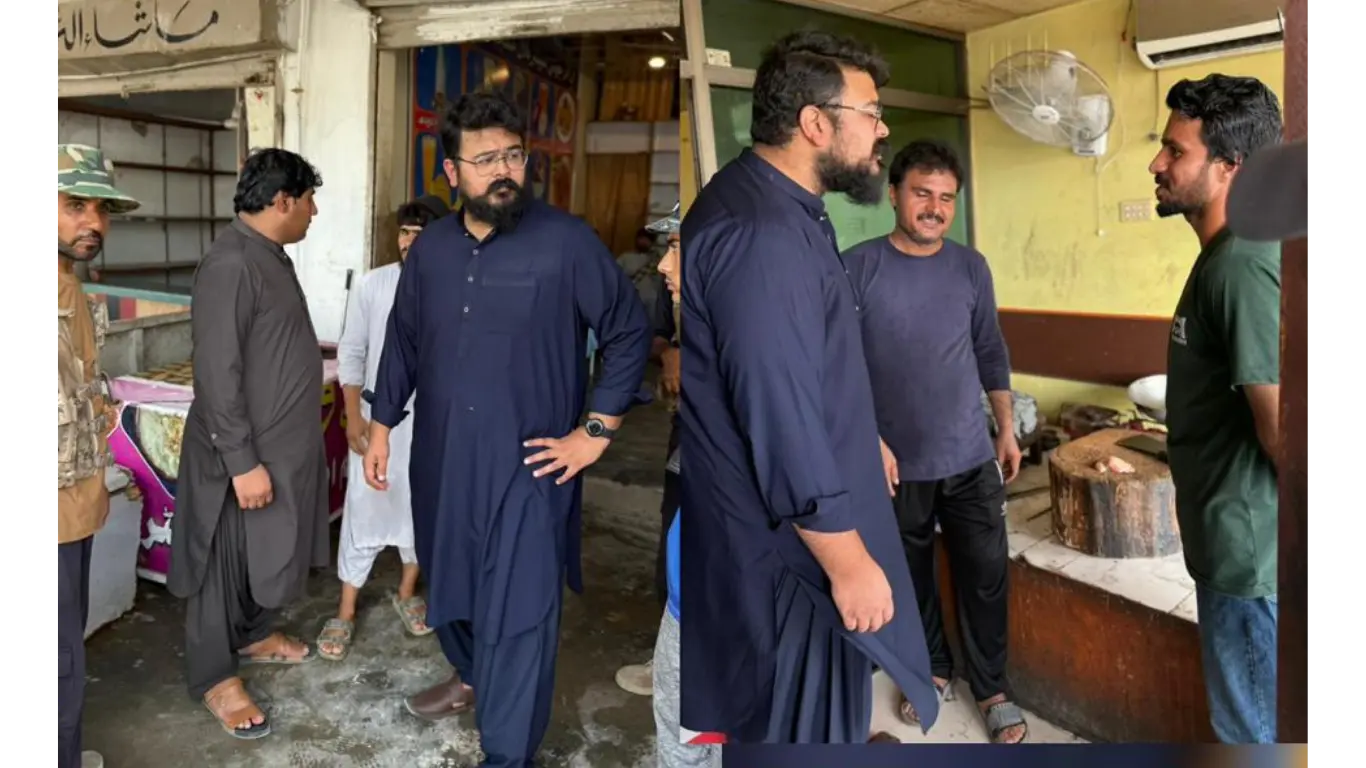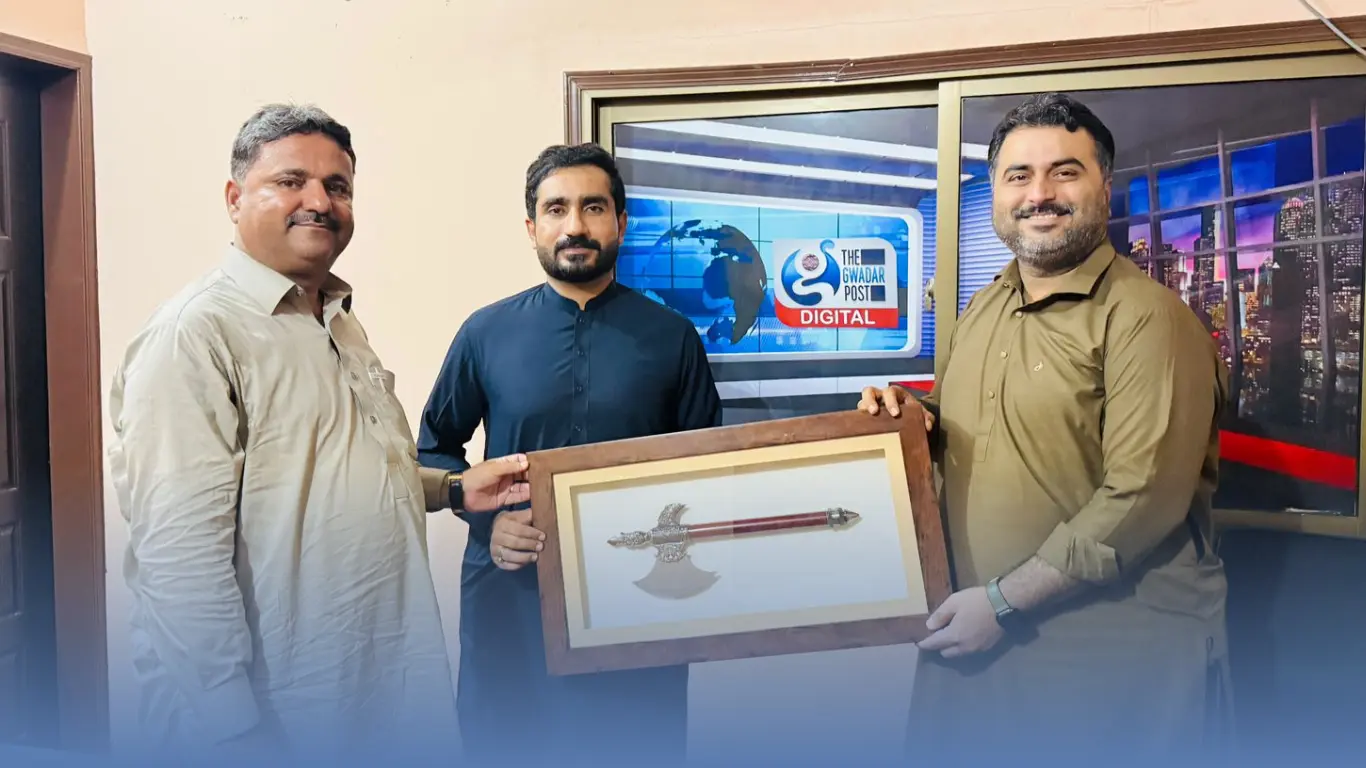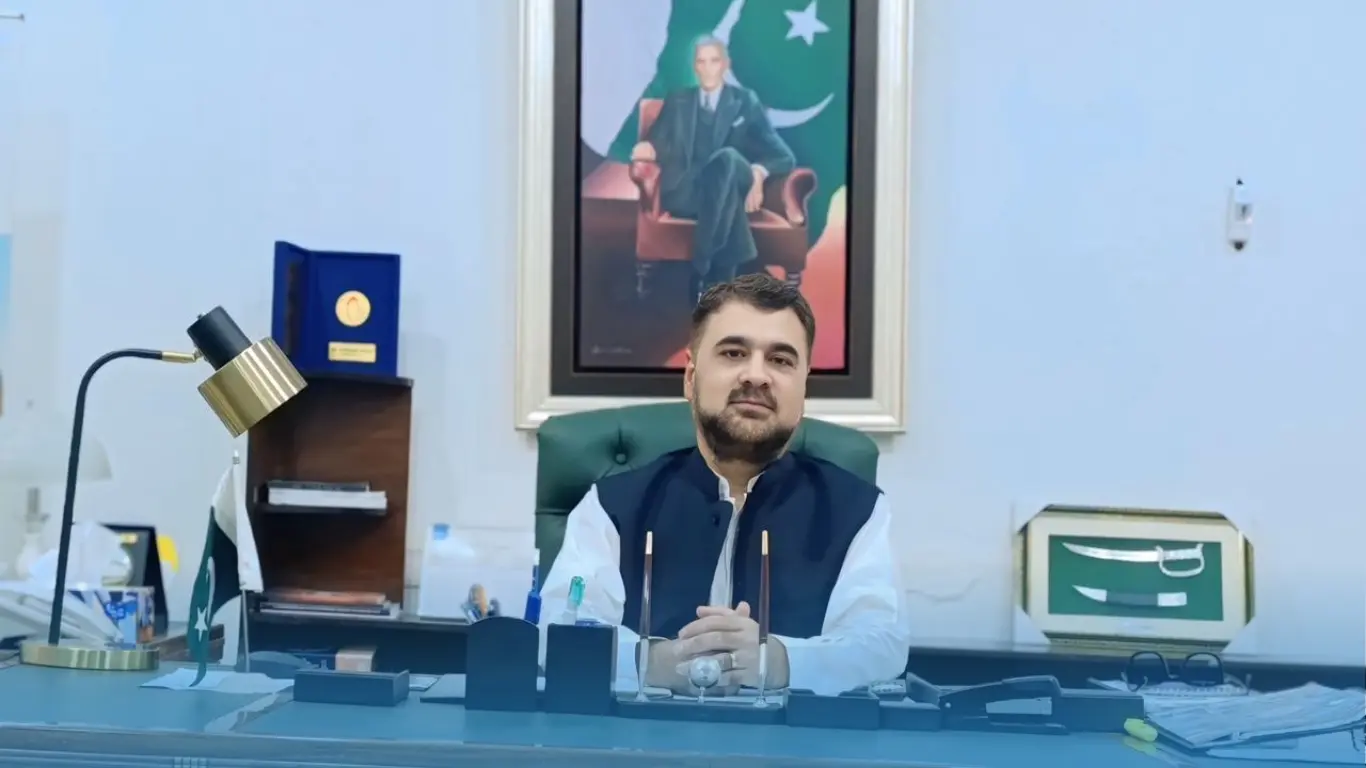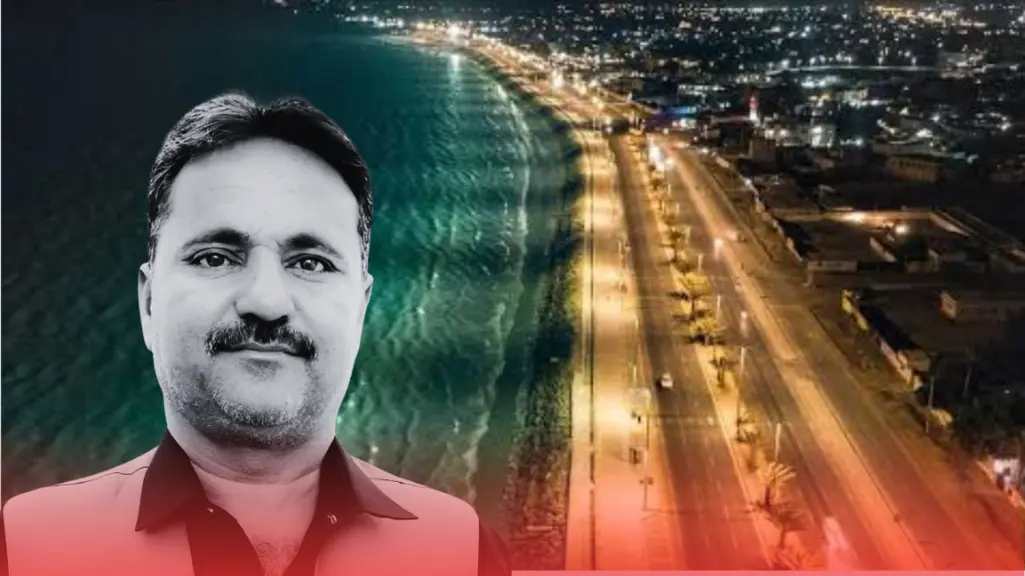
Mr. Hanif Abbasi!
You recently stated that “Gwadar Port belongs to Pakistan, not anyone’s ancestors.” Clearly, you are unfamiliar with the history of Gwadar. We, the people of Gwadar, are the descendants of those who built this land, lived and died here, and made it thrive with their sweat and blood. Allow me to remind you of a few historical facts.
Gwadar is not some land bought in bulk, it is a civilization, an identity, and a living history of a proud nation. The native people of Gwadar have always been Baloch and will always remain so.
In ancient times, our ancestors, along with the Portuguese, settled around Koh-e-Batil. Back then, even the area now known as Keemari was partially under their control. When a massive fire broke out on Koh-e-Batil, the population moved to a place called Zameek, which was then a rich fishing ground. At that time, Koh-e-Batil was separated from the sea, and people would take their goats to graze behind the hills. Over time, as sea levels rose and erosion increased, the community eventually relocated to Keemari neighborhood.
Later, the Ismaili and Hindu communities also settled here. The Ismailis lived near what is now Dome Settlement, and their cemetery still exists in the area. The Hindu community resided near the current Gwadar Port, and their temple still stands opposite the Third FP Marine Camp. Eventually, they too moved into the Keemari neighborhood.
Even today, there are graves in Gwadar dating back over 700 years of both Gwadaris and Portuguese settlers, proving the city’s deep historical roots. One of the ancient domed graves belongs to Abdullah Iraqi, a man who came from Iraq. Several joint tombs are still found here, known by names like Saloonk, Banor, and Dimdar. These names and their stories live on in the hearts of the Gwadari people.
The Keemari Gwadari community once led international maritime trade. They traded with India and many other countries. Both Ismaili and Hindu communities were part of this thriving business.
In the 1950s, the Dhofari movement rose in the southern regions of the Sultanate of Oman. This movement later aligned with Marxist ideas. To crush the uprising, Oman recruited soldiers from Gwadar and sent them to Dhofar. Years later, one of those soldiers was stationed back in Gwadar and was responsible for killing six local residents. This tragedy ignited a flame of anger in the people, sparking a massive protest movement. The citizens stood outside the Crown Prince’s palace demanding a change—they wanted Gwadar to become a part of Balochistan.
Mr. Abbasi, Gwadar was not bought- it was given to Pakistan. If you believe Gwadar was simply purchased with money, you are mistaken. Sultan Saeed bin Taimur handed over Gwadar to Pakistan without any conditions, honoring the will of the local people. At the time, respected Baloch leaders like Syed Zahoor Shah Hashmi, Majeed Sohrabi, and other prominent Gwadaris went to the royal court in Oman to express the wishes of the people. The Sultan accepted their request.
It’s important to note that Pakistan did not buy the land of Gwadar, it only purchased some infrastructure and buildings. The land was never sold.
When Oman handed over the territory, its citizens were given the choice to either return to Oman or stay in Gwadar. Most chose to stay. On September 8, 1958, the Pakistani flag was raised at Charpadgo, the former residence of the Wali of Gwadar—now the Gwadar Press Club. Local leader Nako Hussain Ashraf, who climbed the pole and broke his teeth while removing the Omani flag, was a witness to this historical moment. Lieutenant Sarwari from the Pakistan Navy officially raised the flag.
Gwadar is not just a port or a piece of land. It is the soul and identity of its people. Gwadaris are not for sale, nor did they ever surrender. Their lands, mountains, and coastlines are not commodities—they are inherited legacies soaked in blood and history.
If someone dares to say “this land doesn’t belong to anyone’s ancestors,” they should visit the graves of those elders who chose Pakistan not for personal gain, but for a shared dream.
Mr. Abbasi, Gwadar is not just a part of Balochistan. It is the life of the Gwadari people. Your words have reopened old wounds. But perhaps it was necessary—for you and others like you to understand that this land is not about stones and trade. It is about people, dignity, and a legacy built over centuries.
Gwadar should never be seen as just a port. It should be recognized as a place built by sacrifices. Sadly, even today, the people of Gwadar are deprived of basic needs like clean water, electricity, education, healthcare, and employment. If you truly want to give something, don’t just offer words, show it through real actions.
Published in The Gwadar Post, 12 April 2025,

